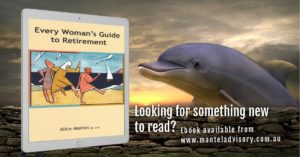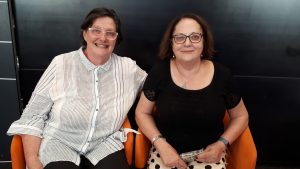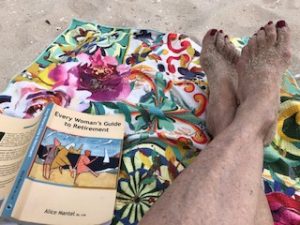By Alice Mantel
In this uncertain period, we may have increased the physical distance between each other but we can still be socially connected. It might just require more motivation (and self-discipline to use the words of one very important person).
Here are my suggestions about how to make the most of this enforced retreat from the busy world:
Daily rituals – find a special way to welcome the morning, or the approaching night, perhaps just by paying attention in silent stillness.
Enjoy the solitude – doing things that you like, You could read a book (including downloading a digital version from your library), listen to podcasts, play loud music, take up an instrument you have ignored for a while, flip through photo albums or dance while no one is watching. You could even write your memoirs.
Connect with others – call friends and contacts, by phone or with video calls, or celebrate your special days by hosting an online party. Do a jigsaw puzzle with a family member. Call Lifeline on 13 11 14 if you don’t feel in control of your mental stress or anxiety.
Share – your recipes, your patterns, your ideas – through a curated social media diet or a blog your own thoughts. Use digital media to stay informed.
Create something new – take up painting, sewing, pottery making, knitting again. Find a live streamed class to join. Cook new meals or cakes that you have always wanted to try.
Develop your sense of purpose – reach out and support your neighbours, your school, or disadvantaged groups by volunteering, donating money or following their media posts.
Revise and re-evaluate the obvious – what is in your cupboards, your bookshelves, your kitchen pantry, or your bottom drawers?
Stay active – participate in online classes like yoga or dance classes, walk/run in the fresh air in local parks, breathe deeply on your balcony, set up a home gym using items found around your home, or take up golf or tennis.
Care for yourself – catch up on some sleep, rationalise your old clothes, give yourself an organic facial, throw out old makeup, dress to impress yourself.
Go gardening – pruning, weeding, planting, reorganising your pot plants, buying more plants, mulch and fertilise.
Avoid– non-essential online shopping, too much couch time watching streamed movie marathons, and drinking more alcohol to pass the time.


